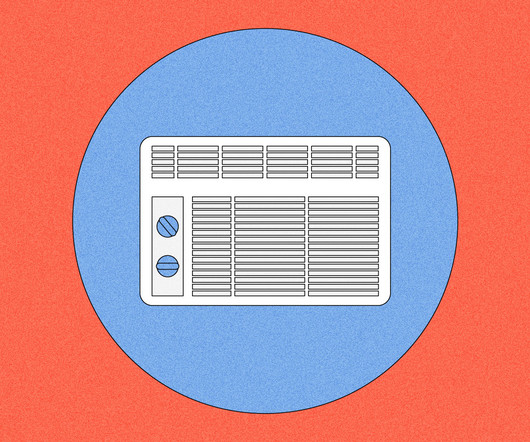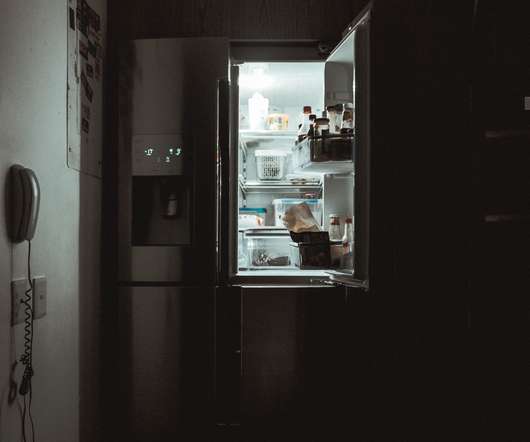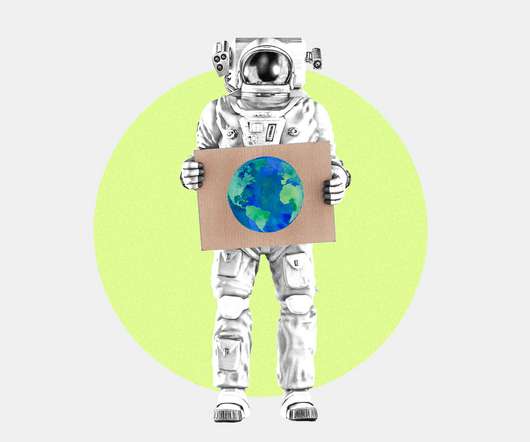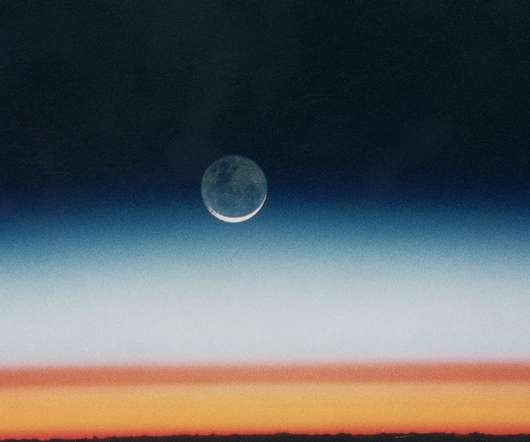Can ACs cool the world without warming it?
Grist
NOVEMBER 1, 2023
Several companies, including Gradient where Romanin is CEO (which landed him on the 2021 Grist 50 list ), are developing new AC technologies and approaches that are starting to show what a more efficient, less climate-intensive approach to cooling will look like. “And that absolutely doesn’t need to be true.”














Let's personalize your content